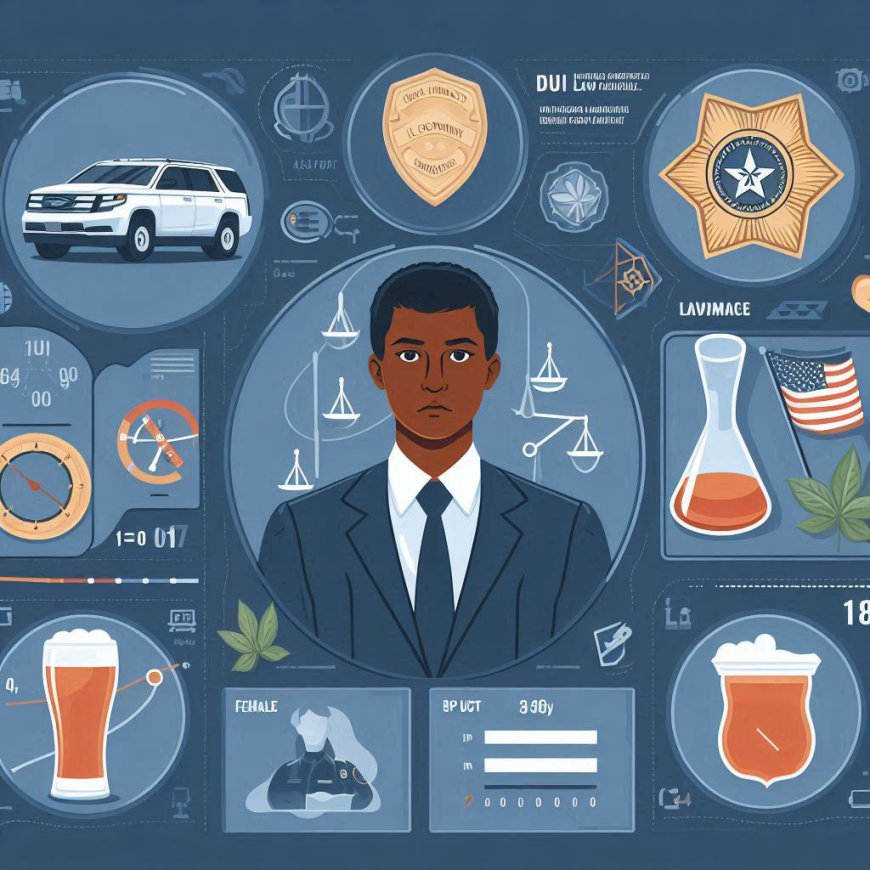Obtaining a Restricted License After a Second DUI in Virginia
Being charged with a
Understanding the Consequences of a Second DUI
In Virginia, a second DUI conviction within a certain time frame results in stricter penalties than a first offense. These penalties include:
-
License Suspension: For a second DUI offense, Virginia law mandates a license suspension of three years.
-
Fines and Jail Time: The penalties include a fine ranging from $500 to $2,500 and a potential jail sentence of up to one year. Mandatory minimum jail sentences apply if the second offense occurs within five or ten years of the first.
-
Ignition Interlock Device (IID): Installation of an IID is typically required, which prevents the vehicle from starting if alcohol is detected on the driver's breath.

Eligibility for a Restricted License
Despite the severity of the penalties, Virginia law does allow for the possibility of obtaining a restricted license under certain conditions. Eligibility depends on several factors, including:
-
Time Frame Between Offenses: The eligibility for a restricted license is influenced by the time elapsed between the first and second DUI offenses.
-
If the second offense occurs within five years of the first, the individual must serve at least one year of the suspension before applying for a restricted license.
-
If the second offense occurs between five and ten years of the first, the individual must serve at least four months of the suspension before being eligible.
-
-
Compliance with Court Orders: Full compliance with court orders, such as attending alcohol education or treatment programs, is typically required.
-
Ignition Interlock Device Installation: The court will require the installation of an IID on any vehicle the individual intends to drive. Proof of installation is necessary for consideration of a restricted license.
Application Process for a Restricted License
The process for applying for a restricted license involves several steps:
-
Petition the Court: The individual must file a petition with the court that handled their DUI case. This petition outlines the need for a restricted license and the specific purposes for which driving privileges are sought (e.g., work, medical appointments, child care).
-
Hearing: The court will schedule a hearing to review the petition. The individual must present evidence supporting their request, such as employment verification, medical records, or proof of enrollment in a treatment program.
-
Court Order: If the court approves the petition, it will issue a court order specifying the terms and conditions of the restricted license, including the permitted hours and destinations.
-
Compliance with DMV Requirements: The individual must visit a Virginia Department of Motor Vehicles (DMV) office to complete the process. This includes:
-
Providing proof of IID installation.
-
Paying any applicable fees.
-
Providing proof of insurance (SR-22 form).
-
-
Monitoring and Compliance: The individual must adhere to all conditions set forth by the court and DMV. Failure to comply can result in the revocation of the restricted license and additional penalties.
Conditions and Limitations of a Restricted License
A restricted license in Virginia comes with specific conditions and limitations:
-
Permitted Activities: Driving is typically limited to activities such as commuting to and from work, school, medical appointments, and court-ordered programs.
-
Ignition Interlock Device: The individual must use an IID for the duration specified by the court, which ensures compliance with sobriety requirements.
-
Regular Monitoring: The court and DMV may require regular check-ins or reports to ensure compliance with the restricted license terms.
Conclusion
Obtaining a restricted license after a second DUI in Virginia is possible but involves navigating a complex legal process with stringent requirements. It is essential for individuals to fully understand the legal landscape, adhere to court and DMV requirements, and consider seeking legal counsel to ensure the best possible outcome. By demonstrating responsibility and compliance, individuals can regain limited driving privileges and work toward rebuilding their lives post-conviction.

 edwardk110198
edwardk110198 